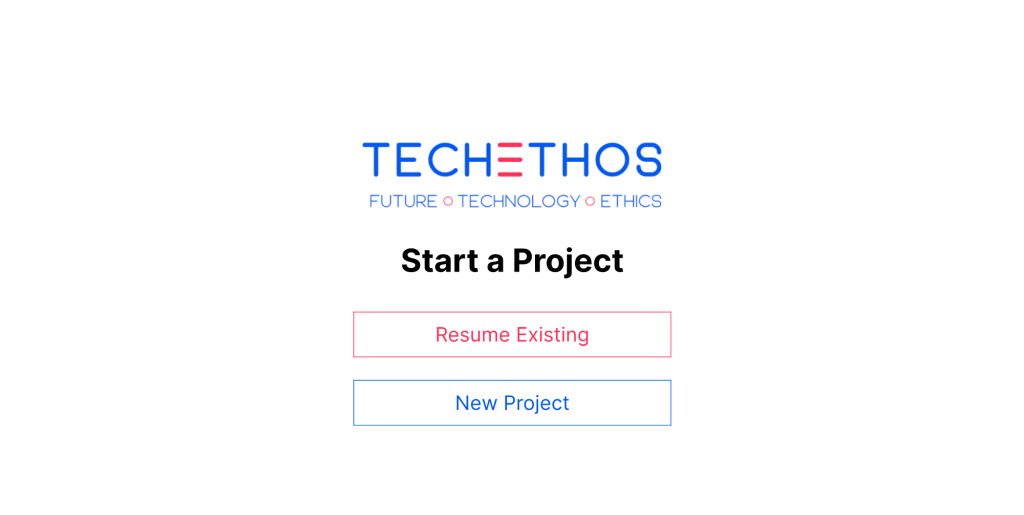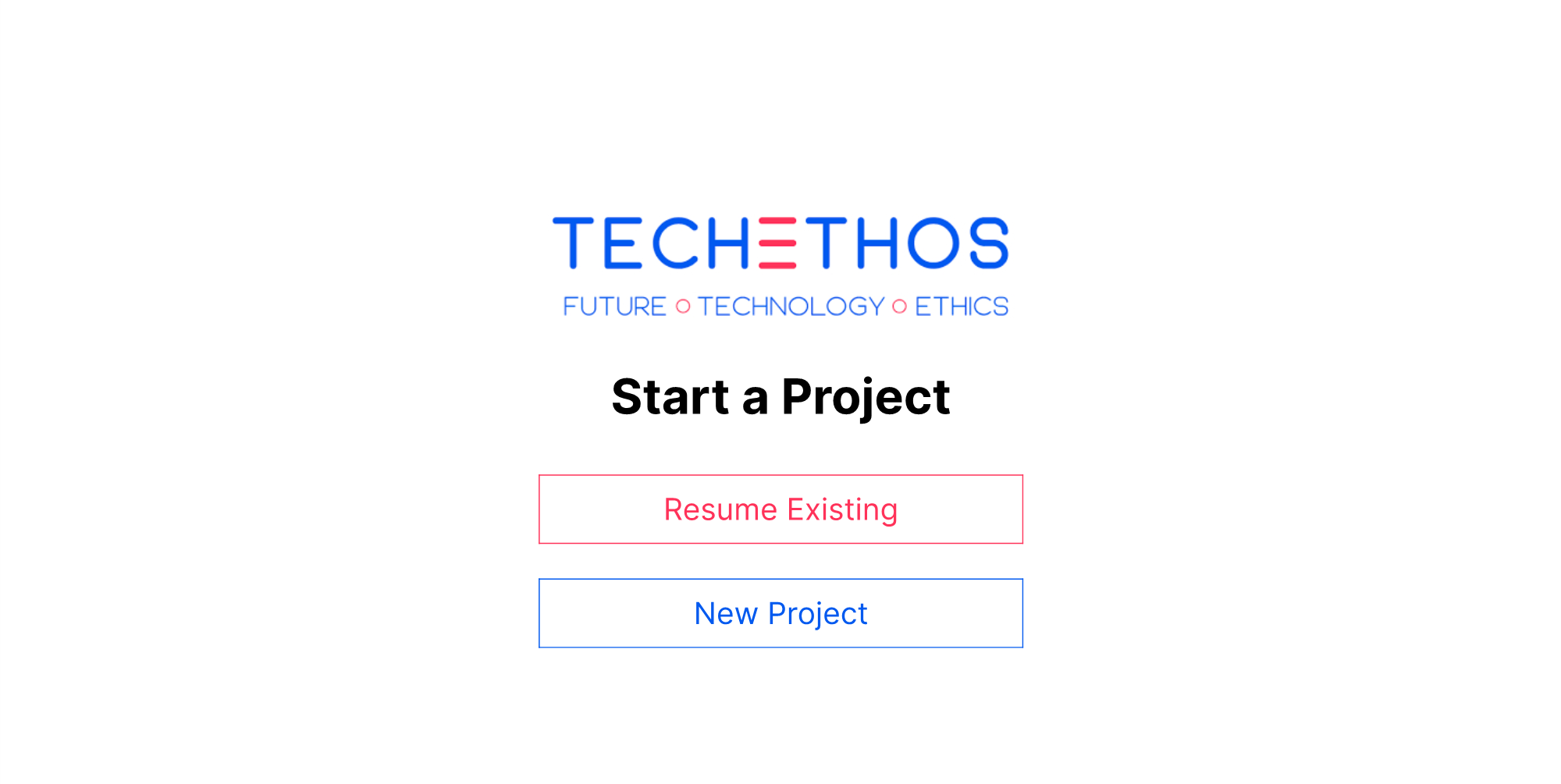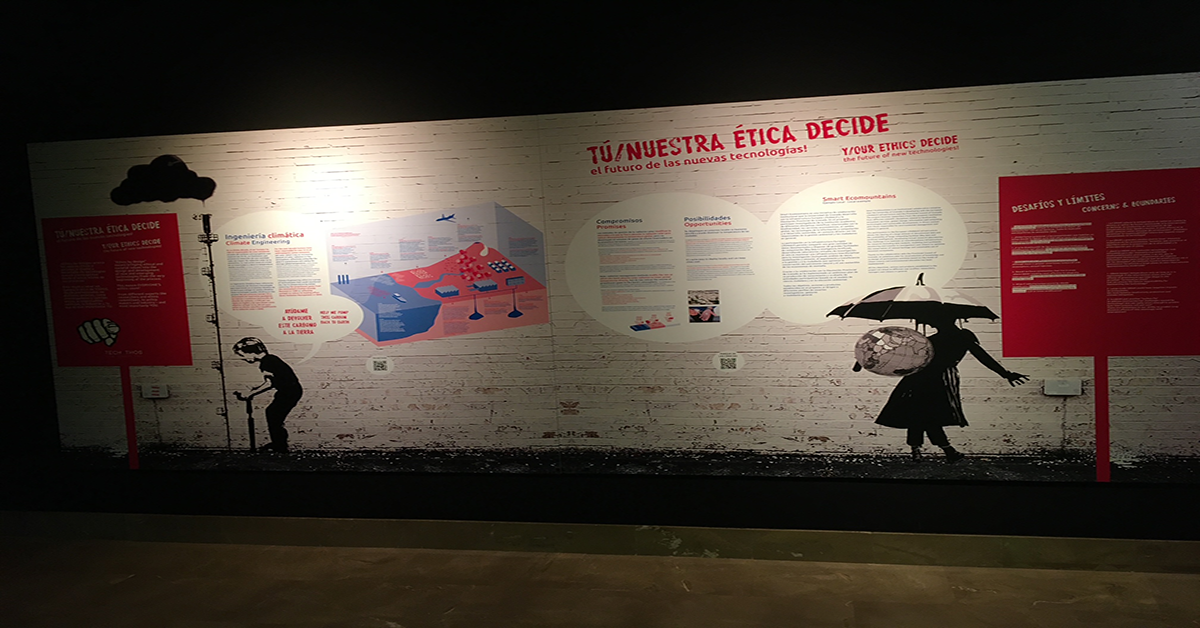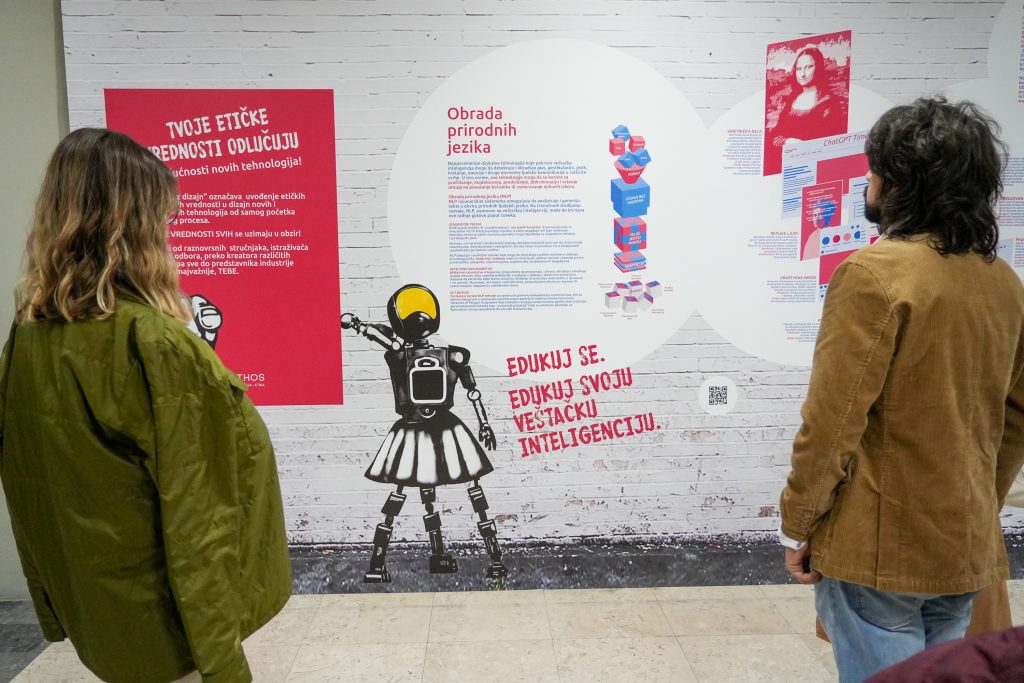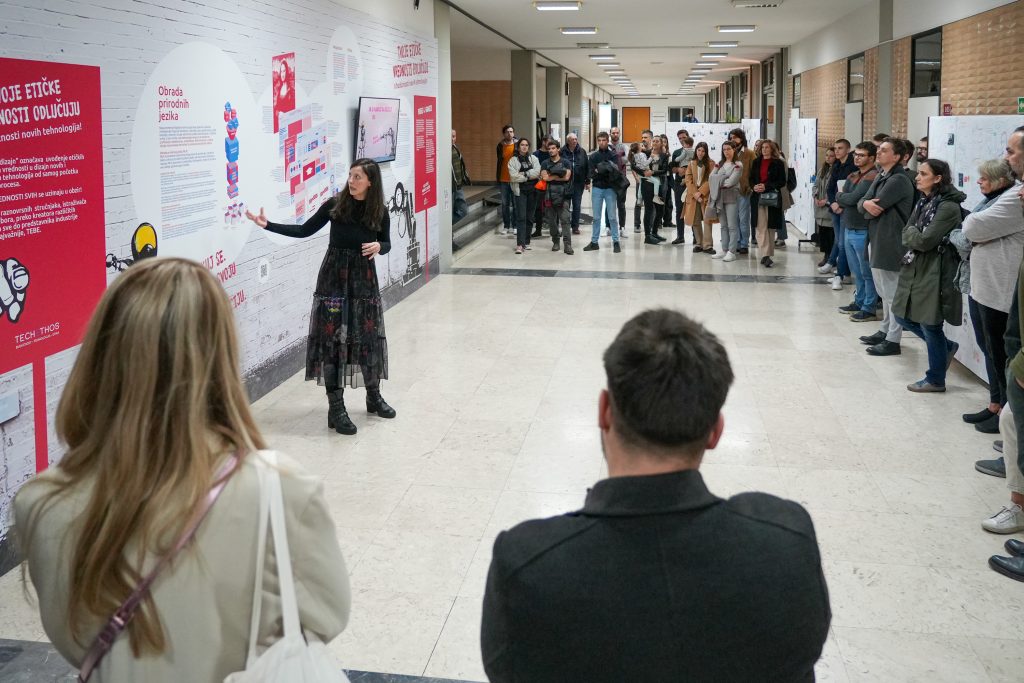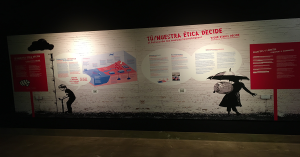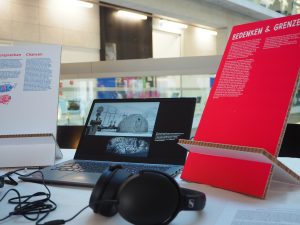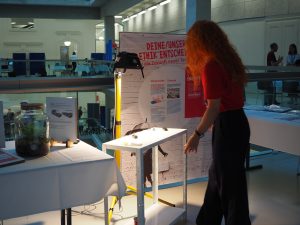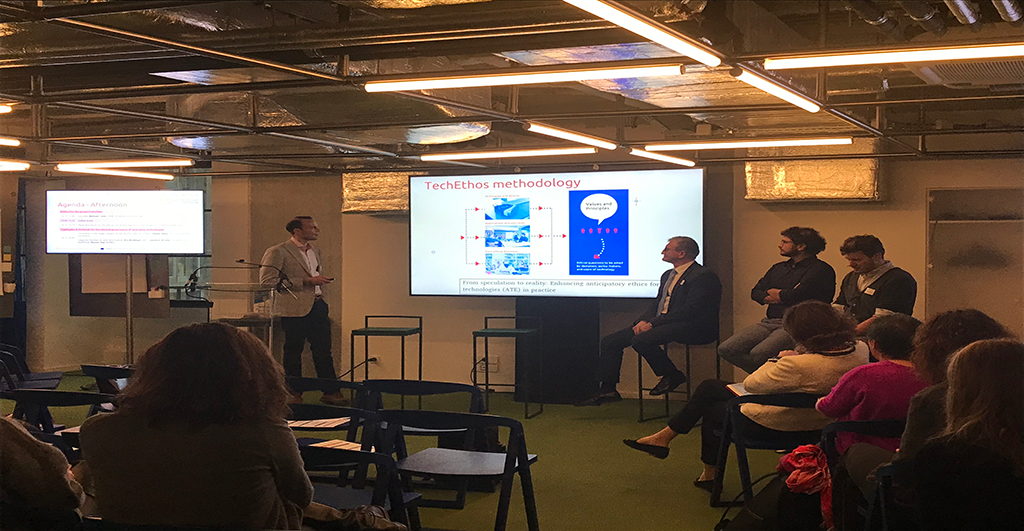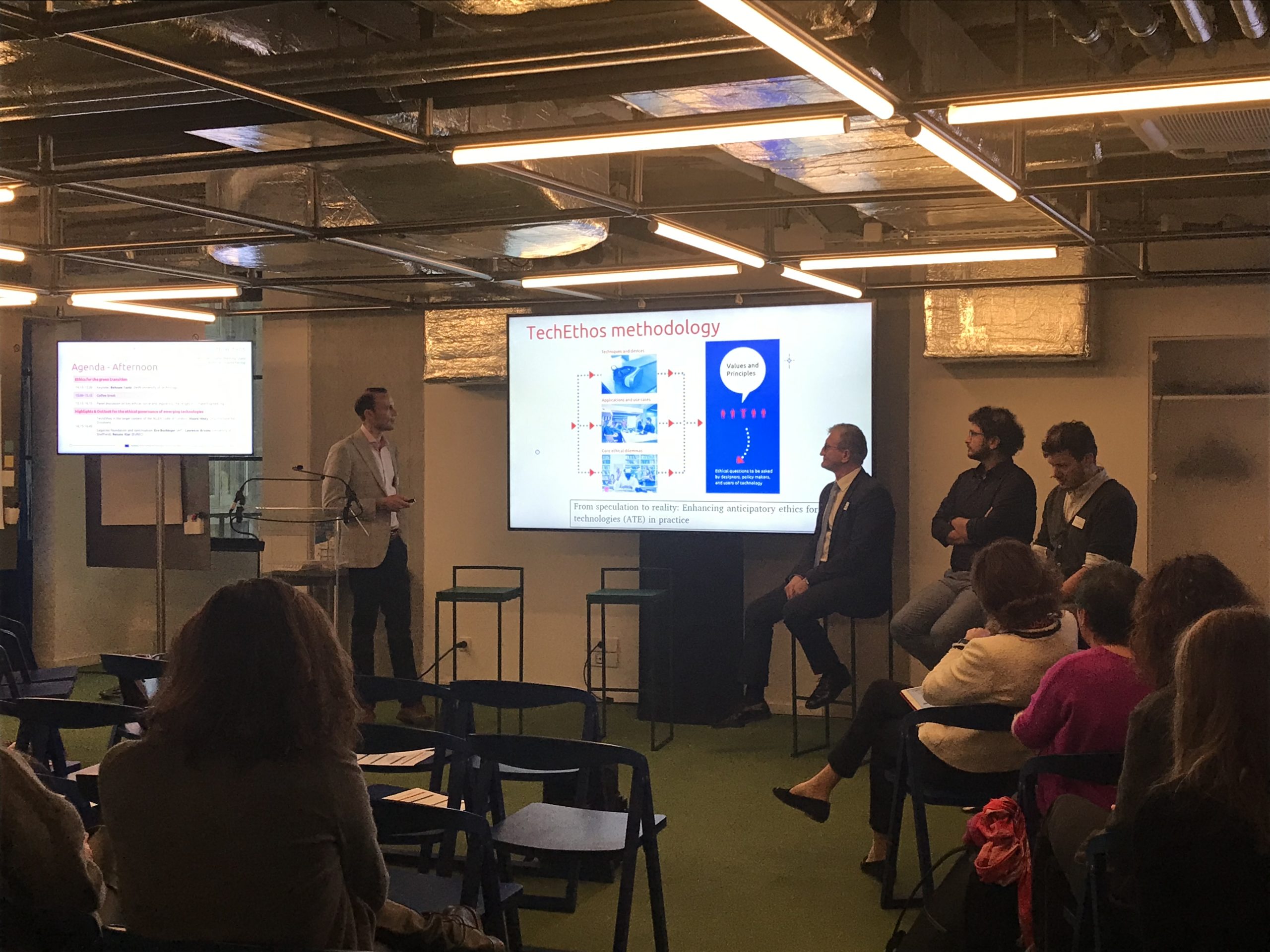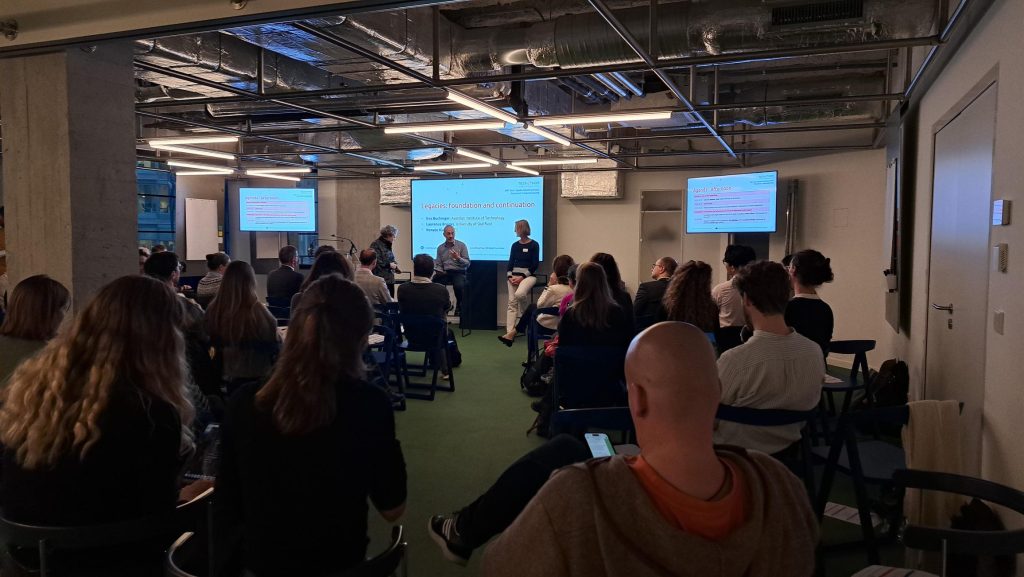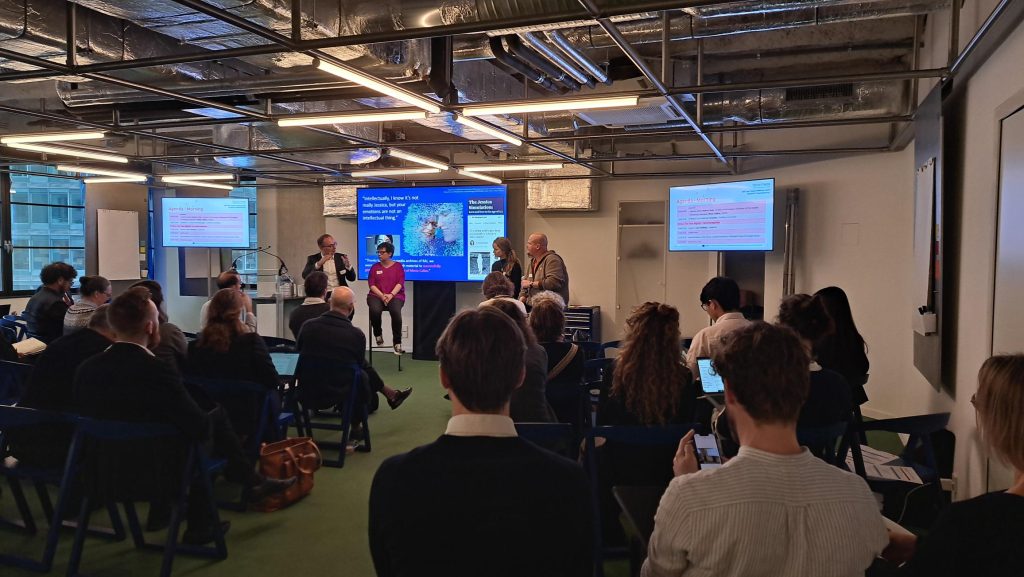TechEthos named among World-Leading Ethical Practices
TechEthos named among World-Leading Ethical Practices
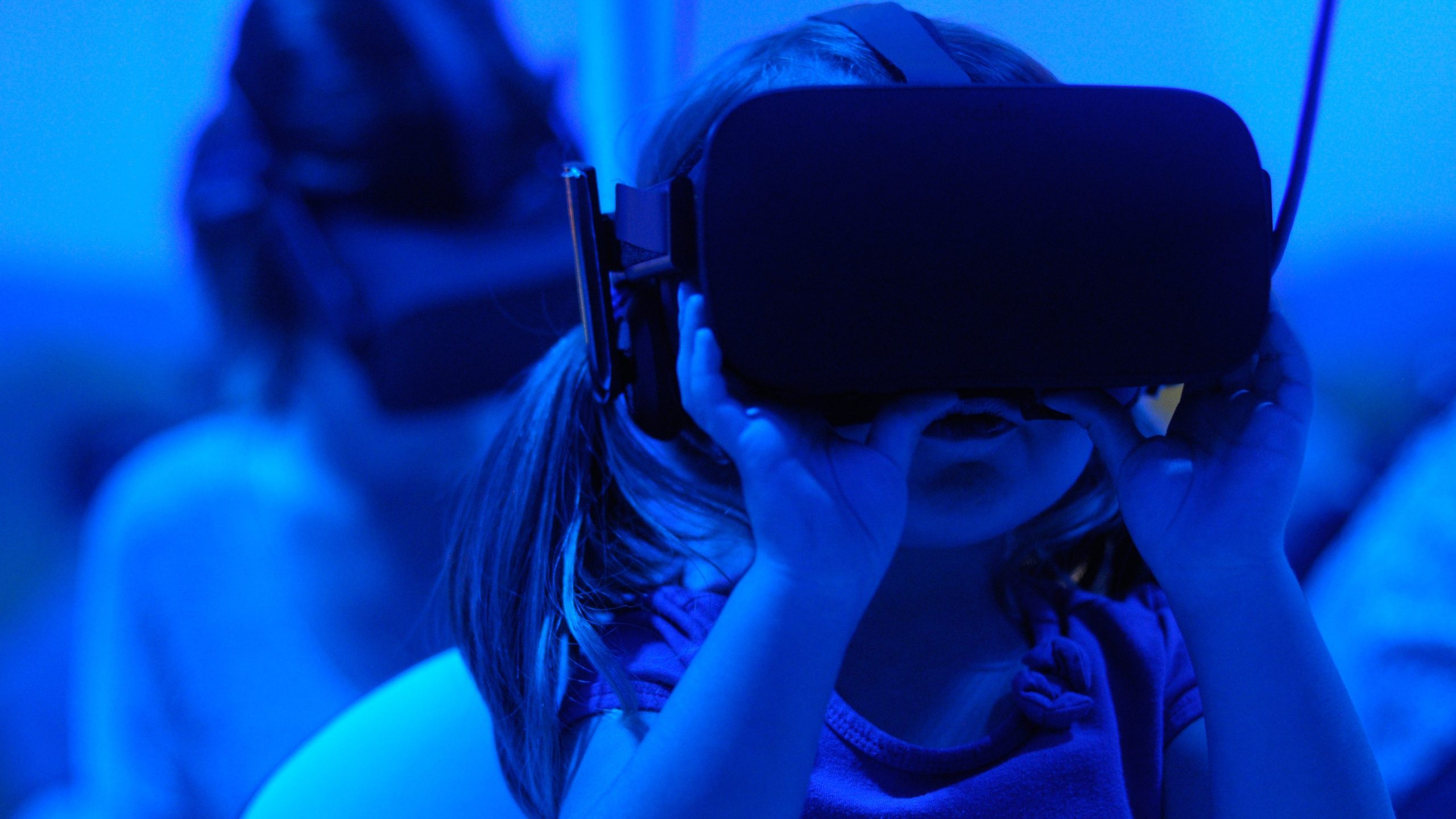
TechEthos has been named one of the world’s leading ethical practices in the newest CORDIS Results Pack on ethics and integrity in research, released by the European Commission. This recognition highlights our commitment to ensuring that scientific and technological progress aligns with societal values and ethical standards.
The publication, titled CORDIS Results Pack on Ethics and Integrity: Building Bridges for Trust and Excellence in Research and Innovation, was published by the European Research Executive Agency (REA) in cooperation with the European Commission’s DG RTD. It highlights the results of eight Horizon Europe and Horizon 2020 Science with and for Society (SwafS) funded projects. These projects aim to rethink research governance systems to ensure that scientific and technological advancements are in harmony with ethical values.
The featured projects, including TechEthos, illustrate how the EU is actively promoting training, education, and capacity-building regarding research integrity principles. They also support initiatives that analyse the ethical dimensions and implications of emerging technologies.
The EU-funded TechEthos project provides guidance for the development and deployment of critical new technologies. While emerging technologies often bring significant social, economic, and environmental benefits, their development and use can also raise substantial ethical concerns and questions. For example, the rapid adoption of new technologies might lead to widespread job losses, necessitating worker reskilling, or it could create new data breaches and vulnerabilities for cybercriminals to exploit.
To address these concerns, prioritising ethics and societal values in the design, development, and deployment of new technologies is essential. The TechEthos project focuses on providing guidance on achieving this balance.
“For the first six months, we analysed and identified new and emerging technologies with high economic and ethical relevance,” explains Project Coordinator Eva Buchinger, AIT Austrian Institute of Technology. “We ended up focusing on three areas of innovation that interact with the planet, with the digital world, and with the body.”
TechEthos is proud to be part of this vital initiative and look forward to continuing the work in promoting ethical practices in technology development. For more details, read the full CORDIS Results Pack on ethics and integrity in research and discover the projects’ resources.
Share:


